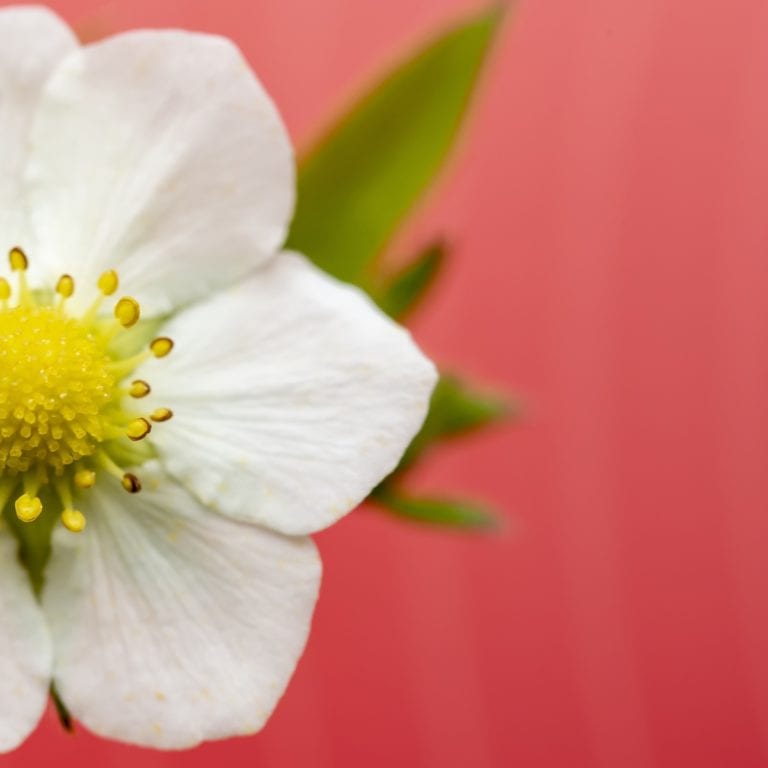Week 629: Catching People Doing Things Right
Walking across the park one morning, I passed a young father and his very young son. The boy was on a scooter that had pedals and he was working hard to figure out how to get the pedals to move correctly. At one point, he succeeded in getting the pedals all the way around and, as he did, his father began to say, “You did it! You did it!” As the child heard these words, I watched his face shift from serious, even worried, concentration to one of enthusiasm and confidence. His feet continued to pump and move ever more easily in relation to the pedals and he broke into a smile as he looked up at his father.
The interaction reminded me of something from many years ago, where the phrase, “Catch them doing something right” entered management strategies. I recall how revolutionary this sounded at the time and yet the fact is that when we have a bit of encouragement we also gather confidence and a willingness to keep trying. When we catch ourselves and others doing something right, we pretty much do what this young boy did—we feel encouraged to keep on going, to give things a chance, to discover new options and capabilities we may not have known we could actually do.
One of the great joys I experience just about everyday is being in a position to support lots of other people in their personal and professional lives. I’ve had countless opportunities to see people step into more mastery than they imagined possible, and that includes myself. Part of my personal journey has been to practice deep compassion and encouragement for myself, as well as for others, and I have found it to be both healing and helpful to support myself by focusing on what I’m doing that’s actually working.
For this week’s experiment, I invite you to play with catching yourself and others “doing something right.” For example, see what happens if you take one day—or one morning or afternoon, if a whole day feels like too much—to focus on what’s going right with you and with your interactions with others. Pay attention to your own skillfulness and to the responses and actions of others that are in the direction of “positive,” no matter how small or seemingly insignificant those responses and actions may initially seem.
It helps to remember that our brains, as wonderful survival organs, naturally focus on what’s out of place, on what’s wrong, and on what’s negative. Because of this natural tendency, many of us have to train ourselves to shift away from a survival focus and, instead, place our attention on what’s going right. This experiment supports that shift in attention.
If you’re more accustomed to constantly criticizing yourself and/or others, notice what mixed feelings emerge as you play with this experiment. Being critical is a habit of mind, even though we tend to consider our criticisms to be true reflections of reality. Notice what happens if you’re willing to consider that focusing on what’s out of place, or what you or someone else is doing that feels wrong, might be just one facet of a whole picture. There may be something going right at the same time that some other part of an experience may not be as skillful as you’d like. Notice what it’s like if you choose to first pay attention to what’s going right and offer yourself the promise that you’ll explore the unskillful part later. As you give yourself an opportunity to experience first what’s going right and, then, when you think later about what was unskillful, how is it to consider it from the perspective that it’s an opportunity for learning something about how you’d like to be next time?
One of the benefits of this kind of experiment in conscious living is that it offers you opportunities to refine your thinking and actions, your moment-to-moment choices, as you go along. When you pay attention to yourself with compassion and a willingness to catch yourself doing things right, self-awareness becomes a more loving companion. It does this, as well, when you notice actions, responses, and ways of thinking and being that you’d like to “polish” and bring into more skillful expression.
Remember to bring along curiosity as a constant companion, as curiosity tends not to judge. It tends, instead, to focus with interest and openness on what’s unfolding here and now. And, as judgments emerge, remember to pat them on the head and allow them to move on by. When you have compassionate awareness toward yourself and others, each moment offers an invitation to be more fully present and engaged.



